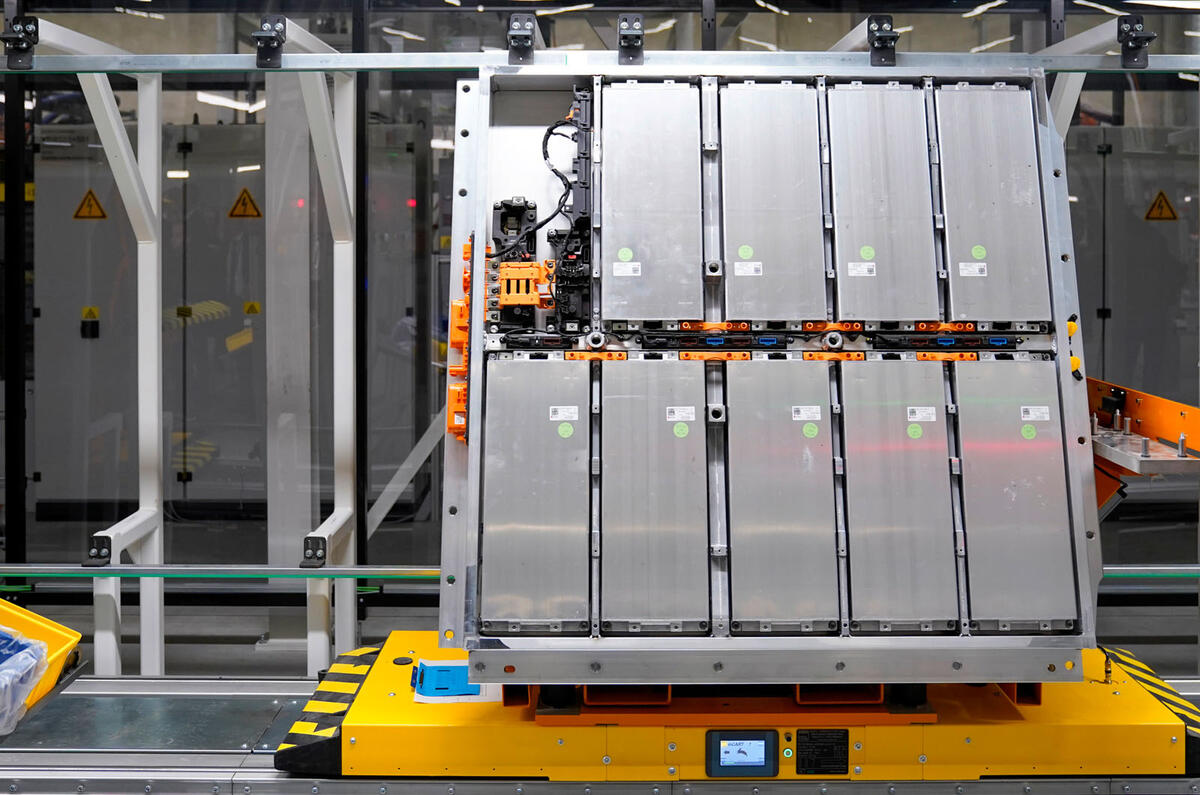The EV invasion is in full swing, but do the impacts of supplying the huge amounts of cobalt, manganese and lithium needed for batteries threaten to make the mass switch an environmental and ethical own goal?
Lithium ion batteries are highly complex things, explains David Greenwood, advanced propulsion systems expert at the Warwick Manufacturing Group: “An EV battery is a mix of materials; some are conventional engineering materials, like steel and aluminium, and others are active materials, the electrochemical components.”




Add your comment